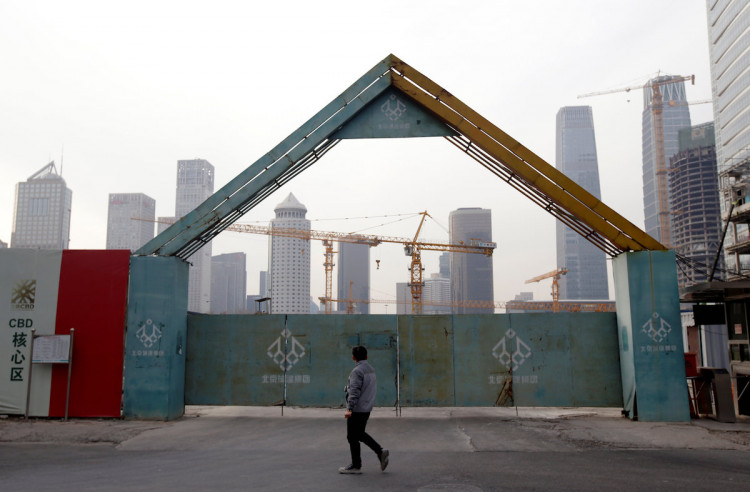China's may achieve a strong economic growth this year as long as the U.S. trade friction risks are controlled, the government is able to clearly implement its economic policies and adopt leverages for economic setbacks. The country's economy suffered a significant fall in 2018. The slowdown in its economy was brought upon by industrial upgrading, economic policy battles and the trade friction with the United States.
The Chinese government has implemented policies to secure the country's economic momentum. However, analysts think that the pressure on the economy will continue this year. The slowdown in the country's economy is contributed by the so-called "middle-income trap challenge" in 2010. Records showed that the countries per GDP per capita increased from the U.S. $600 to almost U.S. $10,000 in 2018 as it loses its low-cost advantage. The next phase of economic development in the country needs the construction of new industries through innovation industrial upgrading. According to analysts, the moderation in the growth of China's economy will continue until the old and new industries work in unison.
The instantaneous slow growth of the nation's growth is caused by two factors. One of these factors is the government's three economic policy battles which included the cleaning up the environment. Controlling systematic financial risks and alleviating poverty launched in the early months of 2018. China views these policies as essential to the quality of its economic growth. However, the first two policies were said to have contributed to the slowdown of the country's growth.
The Chinese government closed down many of its production facilities that were unable to pass the required anti-pollution requirements. The country also implemented measures to control shadow banking transactions to reduce financial risk causing a reduction of social financing and economic activities to stabilize quickly.
The recent policies in the nation targeted the private sectors hard. Most of the private sectors have lower environmental standards and mostly benefit from funds provided by shadow banking. The policies caused disproportionate difficulties for the sector and it caused arguments whether it is favorable to the Chinese economy.
The government aided the private companies by amending its policies for the benefit of the sector as they noted its importance to the country's economy. Some Chinese officials are suggesting "competitive neutrality" in the Chinese market but it is not yet certain how it should be implemented.
The on-going trade dispute between the United States and China has no direct effect on the country's economy. However, it is evident that it affects investor confidence and it delays planned investments.





